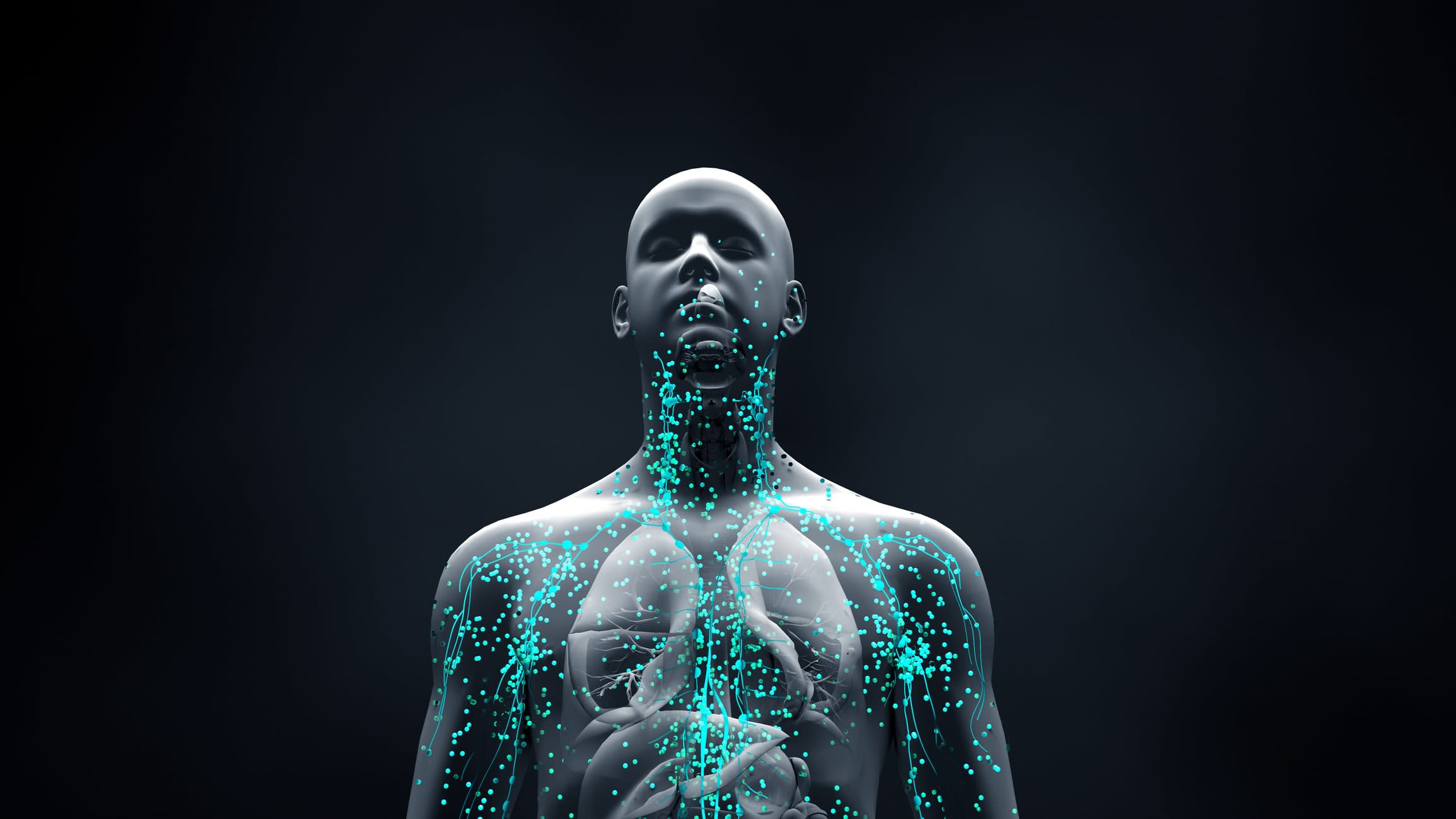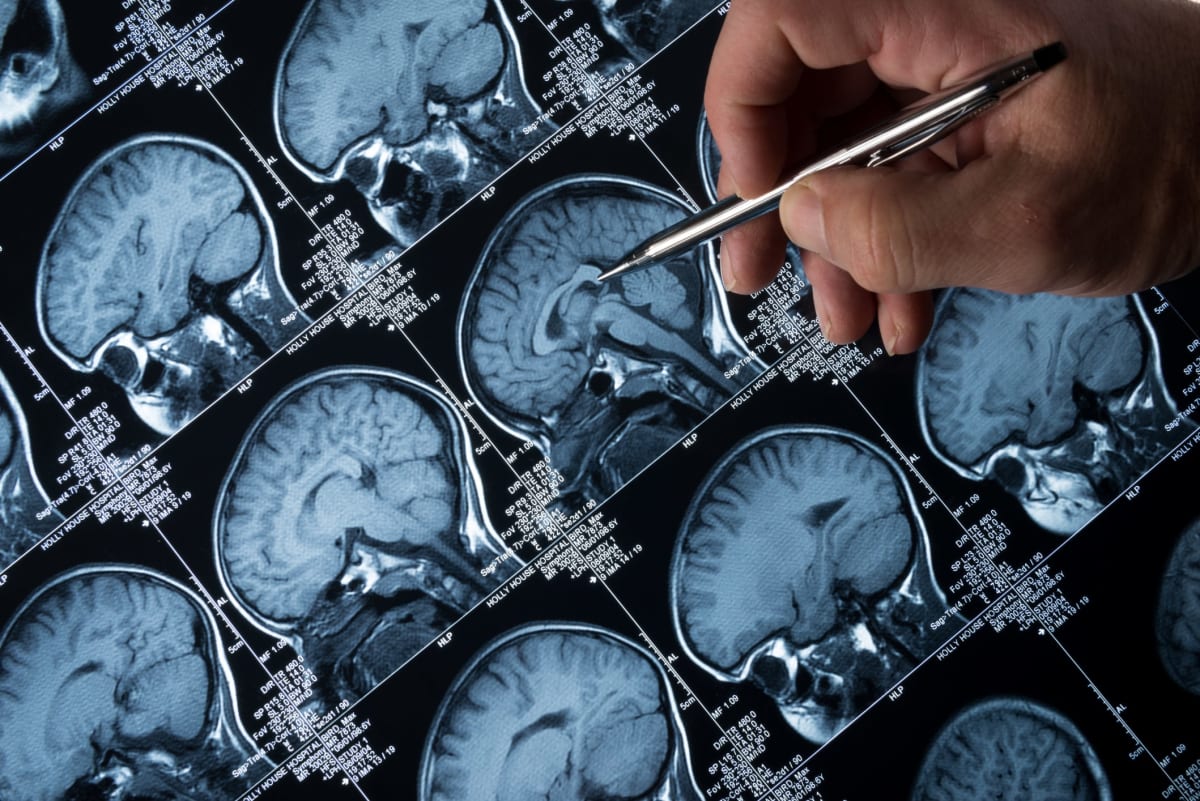Each year, an estimated 200,000 people in Australia will suffer a moderate to severe head injury, usually from a car accident, assault or fall. About one in 10 will go on to develop seizures and epilepsy – and we don’t really know why.
But clues are emerging from a growing area of interdisciplinary research – the intersection of the brain and the immune system.
In the digital health equivalent to reopening a cold case, we’ve trawled through 15 years of patient data, uncovering an important link between hospital-acquired infection – such as pneumonia or a urinary tract infection – and seizure and epilepsy onset.
Our team, led by neuroscientist Associate Professor Bridgette Semple and Dr Zhibin Chen, examined 15 years of data from 1361 patients who’d developed epilepsy within two years of their injury.
Of these, almost a quarter of patients (24%) had acquired an infection in hospital. Infection was also correlated with poorer outcomes many years later.
The tool that made this detailed exercise possible is the Victorian Trauma Registry, which collects data on all major trauma patients from the state’s hospital and healthcare facilities. It’s part of the Victorian State Trauma System, which aims to improve trauma care across the state.
For this study, published in the journal Epilepsia Open, patients were followed up at three intervals – six months, one year, and two years after their injury – to collect data on how they were doing on a range of measures, including function, pain, health-related quality of life, and whether they had returned to work.
Head injuries account for 21% of all injuries that end up in emergency departments nationally. The long-term impacts can include fatigue, poor concentration and attention, mental health issues, and sleep disorders.
Some people experience early seizures for the first time in their lives within seven days of an injury. For others, the first onset can be months or even years later.
When the body undergoes trauma or fights infection, the immune system dispatches small proteins called cytokines to the injury site to promote healing and prevent secondary infections. This process also produces inflammation.
Manipulating the immune response
For several years, our team has been manipulating different aspects of the immune response to test how they might influence the brain’s response to injury – including the development of epilepsy.
In a separate, earlier paper, our team, which includes notable epileptologist Professor Terence O’Brien, showed that preventing cytokine signalling early after injury could suppress the brain’s inflammatory response and reduce the likelihood of seizures.
Based on this understanding, we considered different aspects of a patient’s environment that might trigger or suppress the immune response. Infections were the obvious candidate as an additional immune challenge sustained by a considerable proportion of patients.
We suspect infections trigger an immune response that affects how the brain responds to injury and how it recovers.
Infections such as pneumonia are common in people with a severe brain injury in intensive care units. Not only is the body responding to the initial injury; extended hospital stays also involve prolonged periods lying prone, catheters, and other treatments.
All this leaves the immune system more vulnerable to infection.
Injury-infection interactions
Building on this finding, we conducted a preclinical study with colleagues in microbiology to investigate how a brain injury and concurrent lung infection might interact.
We found some unexpected interactions between the brain, lungs and immune system to this combined insult, predominantly in terms of early inflammatory responses to the injury and infection.
The mechanisms underlying these brain-immune reactions require many more years of research to tease out. We established the Gastroenterology, Immunology and Neuroscience (GIN) Discovery Program at the School of Translational Medicine to improve our understanding of the gut-immune-brain axis, and to create solutions to combat complex health conditions.

It’s difficult to represent the chronic nature of epilepsy and infection in a preclinical model, a difficulty we discuss in this review paper, in collaboration with close colleague Associate Professor David Loane, from Trinity College Dublin, a leading researcher in this field.
The collaboration has been facilitated through Professor Loane and Professor Semple working together in volunteering roles on committees for the US National Neurotrauma Society, which brings together neuroscientists and clinician researchers globally.
For now, our findings from Victorian patient data provide the initial evidence for developing strategies in acute healthcare to prevent hospital-acquired infections in vulnerable patients.
Preventing and treating early post-injury infections, and making this a priority, will support optimal long-term outcomes, potentially saving future healthcare costs that come with the consequences of traumatic brain injury.
The studies were funded by a Epilepsy Research Program Idea Development Award from the US Department of Defense, and a veski Victorian Near-miss Award grant.

